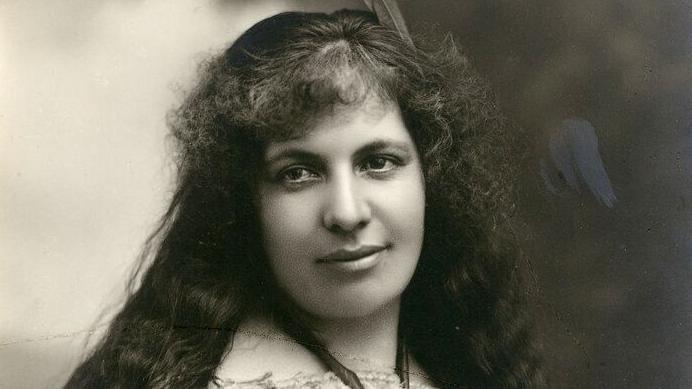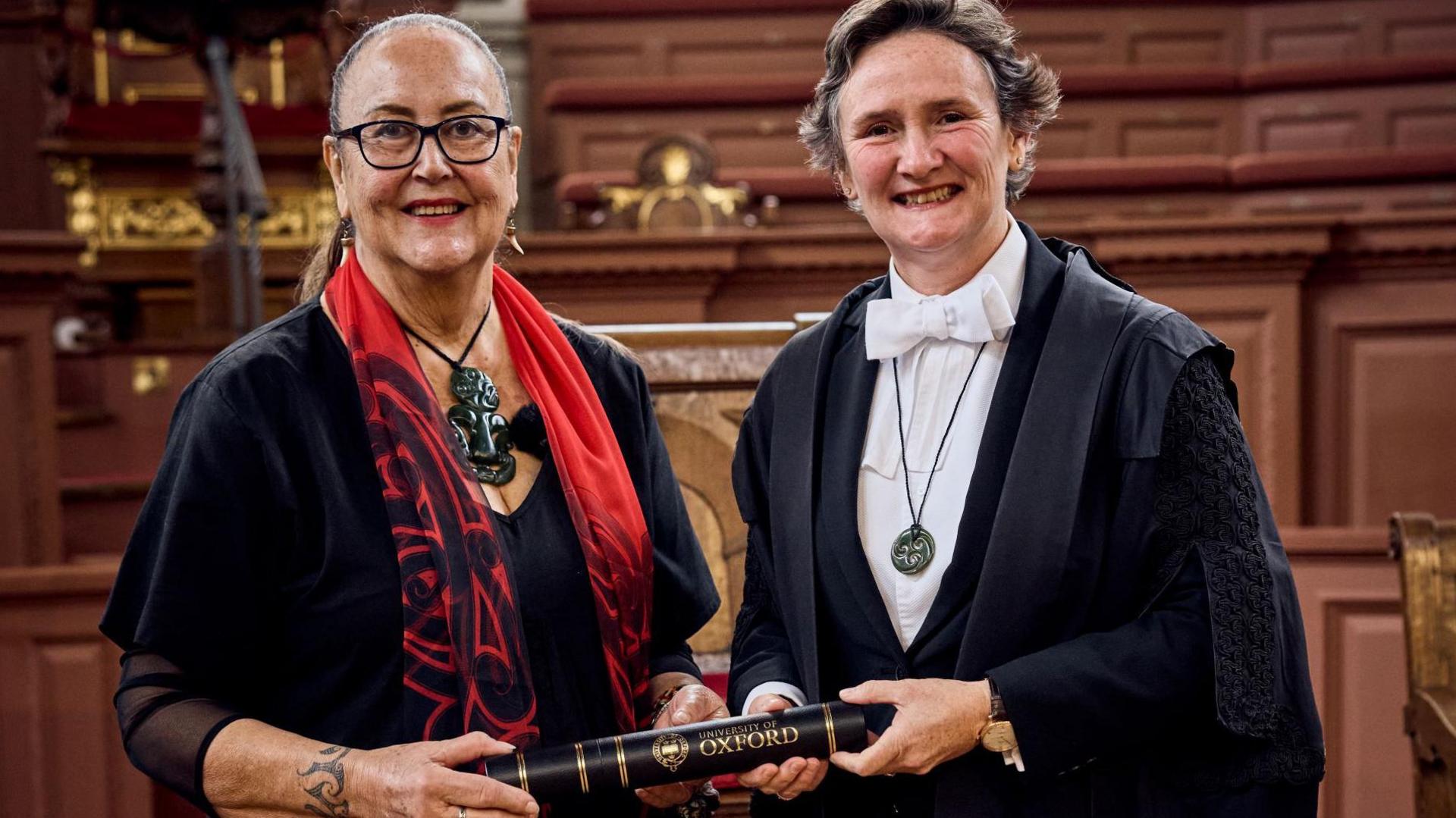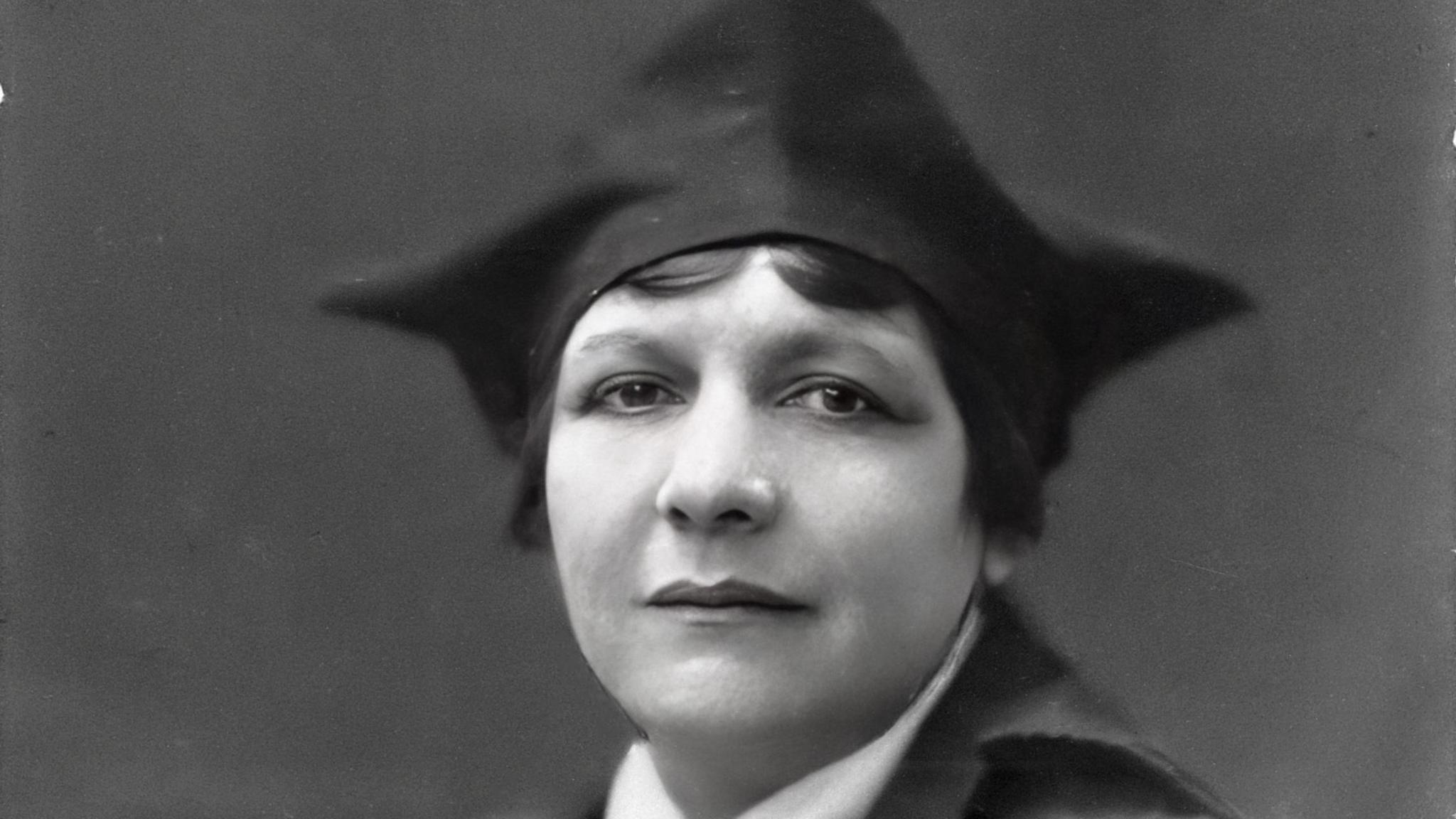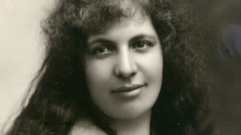Posthumous Oxford degree awarded to Māori woman

Mākereti Papakura died just weeks before she was due to present her thesis
- Published
A Māori scholar, who is believed to be the first woman from an indigenous community to study at the University of Oxford, has been awarded a posthumous degree, almost 100 years after she began her studies.
Mākereti Papakura was a pioneering scholar known for her trailblazing research into the traditions of her Te Arawa people in Aotearoa New Zealand.
But she died suddenly in 1930, just weeks before she was due to hand in her thesis.
At a ceremony in the Sheldonian Theatre, Oxford, on Saturday one of Ms Papakura's relatives was presented with her MPhil Anthropology degree certificate.
June Northcroft Grant accepted the degree on behalf of her ancestor.
She said: "Our family have been quietly and patiently telling her story over many decades about her thesis 'The Old Time Māori', knowing how important and faithful the stories from her grandparents were to the future generations.
"We never imagined that her work would be lauded and acknowledged."

June Northcroft Grant, left, accepted the degree on behalf of her ancestor
More than 100 people travelled from Aotearoa New Zealand to mark the occasion.
Former prime minister of New Zealand Jacinda Ardern also attended the special ceremony in a personal capacity, along with her husband and daughter.
Prof Irene Tracey, vice-chancellor of the University of Oxford, said the university was "delighted" to "recognise Ms Papakura's academic achievements" and "acknowledge her influence as a scholar and as an inspiration to many in the Māori community and beyond".
Although Ms Papakura never handed in her thesis, it was published posthumously in a book titled The Old-Time Māori, with permission from her family, by Rhodes Scholar and fellow Oxford anthropologist TK Penniman.
The New Zealand Royal Society recognises it as the first ethnographic study published by a Māori author.

Ms Papakura's thesis is recognised as the first ethnographic study published by a Māori author
Evie O'Brien, chief executive of Te Wānanga o Aotearoa and board member for the Pitt Rivers Museum, said: "Mākereti paved the way for Māori women at Oxford, myself included."
"While Mākereti had a deep connection with her home and people in Aotearoa, she also had a special connection with Oxford, choosing to be buried in Oddington, Oxfordshire, so it is fitting that we are marking this historic occasion with events reflecting both Oxford and Māori traditions."
"Mākereti was a trailblazer, not only was she the first indigenous woman to study at Oxford but her work was also truly ground breaking," added prof Clare Harris, head of the university's School of Anthropology and Museum Ethnography.
"Her legacy as an inspiration to many people in Aotearoa New Zealand, the Māori community worldwide, and scholars and students internationally, continues to this day."
Get in touch
Do you have a story BBC Oxfordshire should cover?
Related topics
- Published30 April
